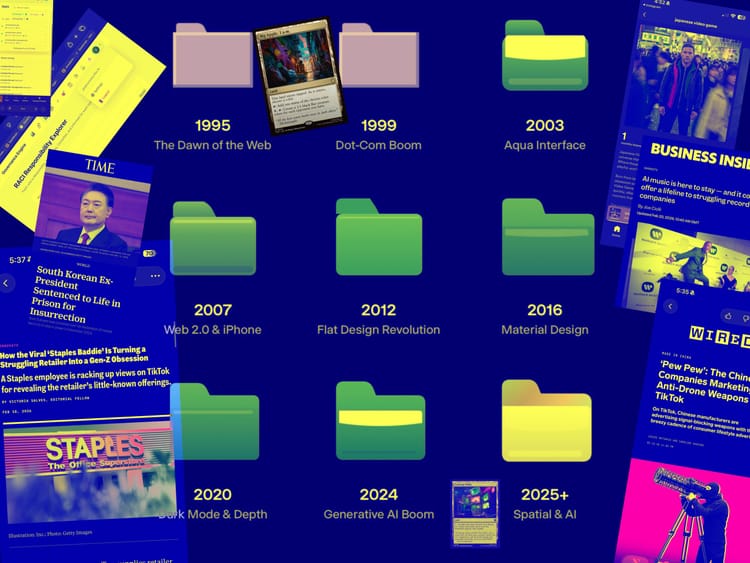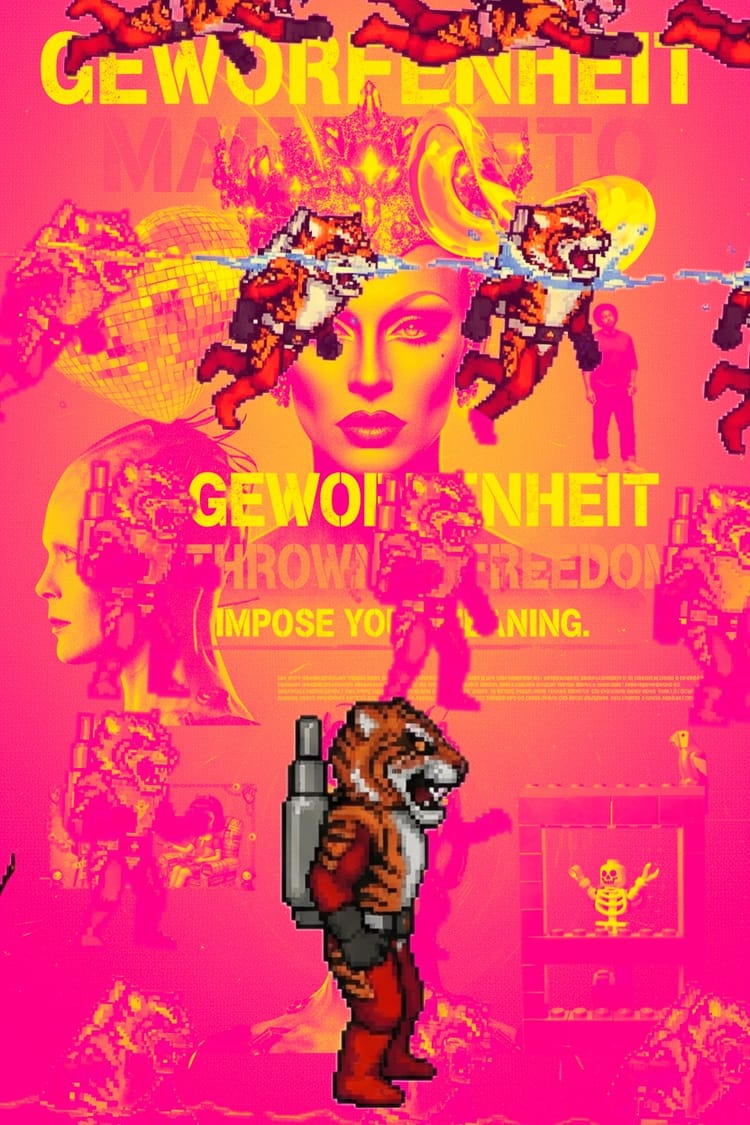The Universality and Depth of Cultural Intelligence: Ancient Wisdom and Modern Knowledge

Introduction
Cultural expressions, traditional knowledge, and modern scientific approaches all represent valid forms of intelligence, each with its own strengths and limitations. This essay explores how different cultures and time periods have developed unique ways of understanding and interacting with their environment, challenging the notion that technological advancement necessarily equates to superior intelligence.
Cultural Expressions of Newcomer Status
Different cultures have developed unique phrases to describe newcomers or those unfamiliar with local customs. These expressions offer insights into how societies perceive and interact with outsiders.
American Frontier: "Here to buy a horse"
The phrase "here to buy a horse" is distinctly American, originating from the culture and vernacular of the American West. It captures the essence of frontier life, where newcomers or outsiders would come into town for specific purposes, such as purchasing a horse, without being fully integrated into the local community. This idiom reflects the historical context of the American frontier and the way people interacted in those communities.
European Equivalents
One of the oldest European phrases with a similar meaning is the English term "greenhorn." Dating back to at least the 17th century in England, it originally referred to young oxen or cattle with green (young) horns and later evolved to describe inexperienced people.
In German, a similar phrase is "Grünschnabel," which translates to "green beak" and also refers to someone who is inexperienced or a novice.
These phrases share the connotation of inexperience and unfamiliarity, much like "here to buy a horse" in the American context. While not directly parallel in wording, they serve a similar purpose in describing someone new or unacquainted with the environment.
Traditional Knowledge vs. Modern Technology
The following anecdote illustrates how traditional, observational methods can sometimes outperform modern scientific predictions:
I was teaching a science class in the Australian desert and the class was quietly working (it was a nice class). I looked out the window and I commented to no one in particular, "Looks like there will be a cyclone next week." The students mostly started laughing and one piped up "The national meteorologists said that the low would pass by without any problem."
But there was a part of the class that did not object to my announcement… the local indigenous people. Instead they asked, "How do you [of European descent] know what our elders know?" I smiled and pointed out the window, "The wind has changed to go in the opposite direction, the clouds have moved north instead of south, and the corellas (a small cockatoo) have all left town and gone to shelter in Karijini (local mountain range)." The indigenous students were impressed and everyone else thought I was an idiot… at least they did until the cyclone hit the next week and flooded all the roads out of town.
This story demonstrates how indigenous knowledge, built over millennia, can provide a deep understanding of local environments and natural patterns. It challenges the assumption that modern technology always provides superior insights.
Defining Intelligence
The anecdote teaches us that intelligence is not about knowledge gained through complex technology such as that used by meteorologists. Satellites, pressure gauges, wind charts—all of that is just data. True intelligence comes from an ability to assess the data and make a reasonable determination.
Ancient peoples used their intelligence to determine weather patterns, judge hunting techniques, and plan for the future year. They did all this without satellites or computers. This raises an important question: Are modern people more intelligent than those before them?
The answer, as suggested by the evidence, is no. Ancient peoples can hold their head high, for they are intelligent and wise. Only an idiot would think otherwise.
The Fallacy of Progress
The assumption that modern societies are inherently more intelligent than ancient ones is challenged by the evidence presented. Different forms of intelligence and wisdom have existed throughout human history, adapted to specific contexts and needs. The ability to observe, interpret, and apply knowledge effectively—whether through traditional wisdom or modern scientific methods—is the true measure of intelligence.
Conclusion
Intelligence manifests in various forms across cultures and time periods, each valuable in its own right. Recognizing and respecting these diverse forms of knowledge can lead to a more comprehensive understanding of our world and ourselves. By bridging ancient wisdom with modern knowledge, we can develop a more nuanced and effective approach to problem-solving and decision-making in our complex world.






Member discussion